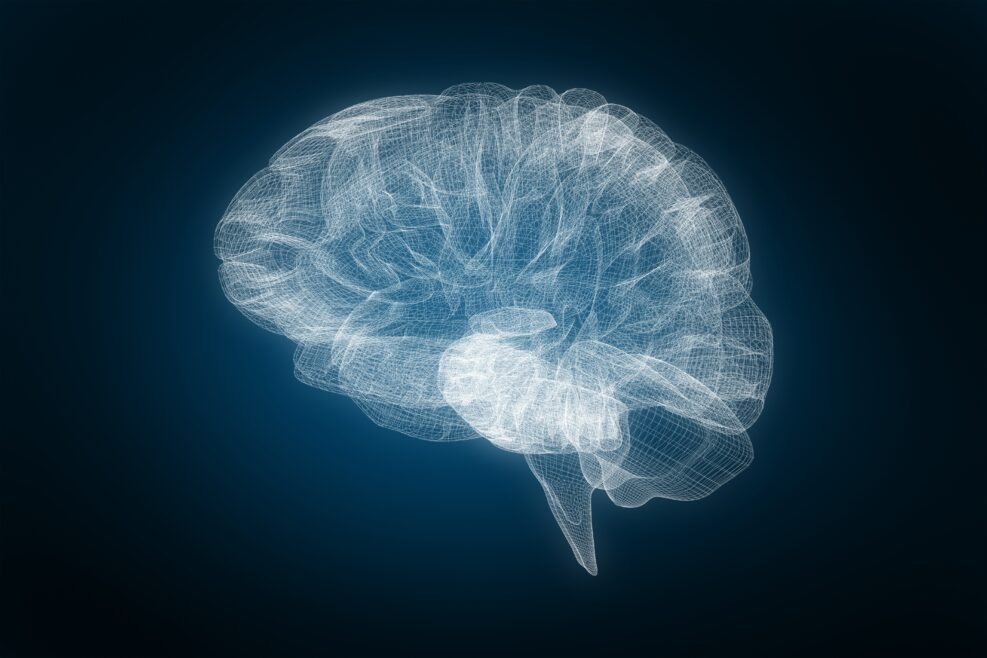
Could Consciousness Have Evolved?
Michael Egnor takes a hard look at the evidence in this classic podcast episode.On a classic episode of ID the Future, neurosurgeon Michael Egnor interviews Bernardo Kastrup, a philosopher with a background in computer engineering, about consciousness, evolution, and intelligent design. Did consciousness evolve? What does the evidence suggest? And how do materialists deal with the seemingly immaterial reality that is consciousness? Enjoy this guest episode from Mind Matters, a podcast of Discovery Institute’s Walter Bradley Center for Natural and Artificial Intelligence. Dig Deeper Cross-posted at Evolution News.


















